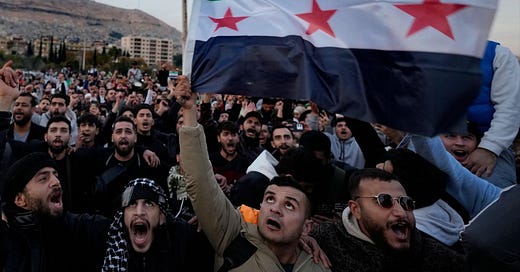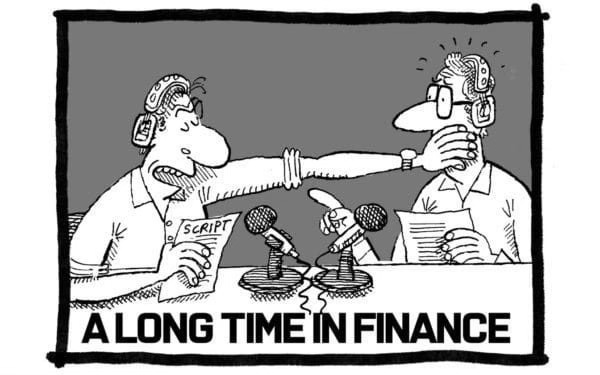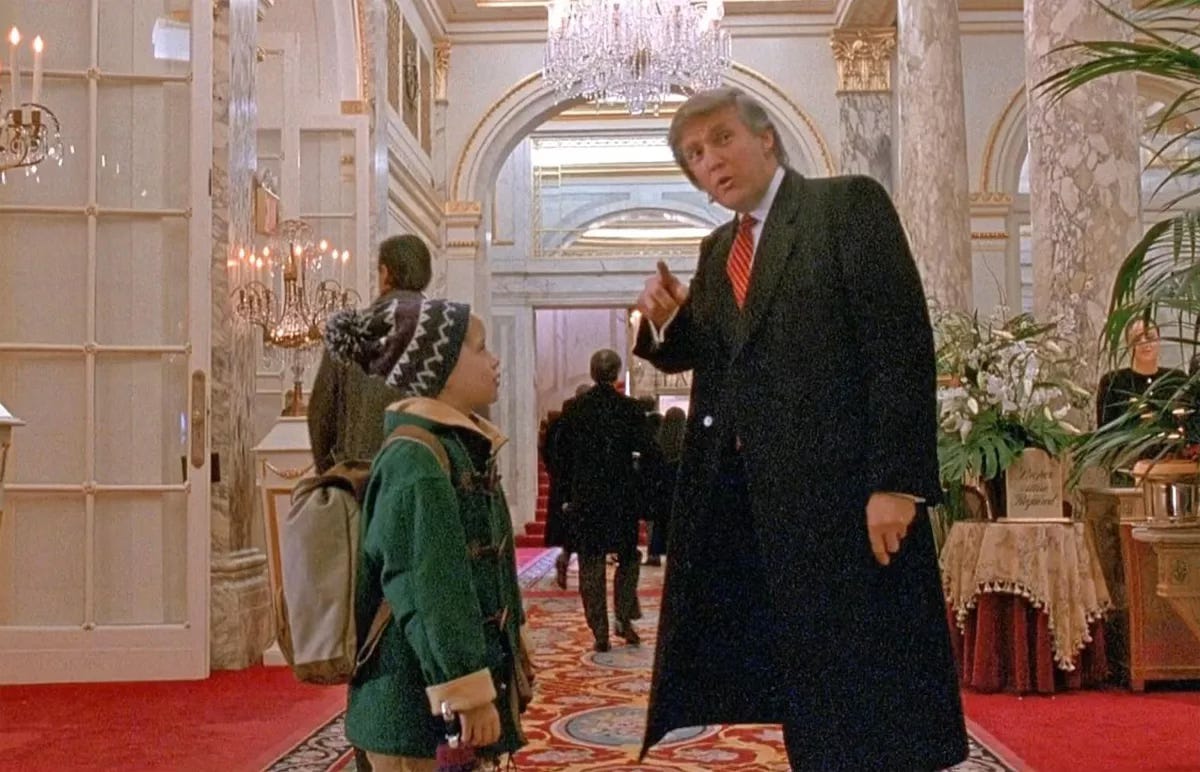
How should the West engage with Assad’s successor?
It would be "ridiculous" if the British government refused to engage with Syria’s new rulers, warns former MI6 chief.
As elated Syrians topple statues of the al-Assad family to celebrate the fall of the “butcher of Damascus”, western leaders are scrambling to decide how they will deal with the group expected to replace ousted dictator, Bashar al-Assad.
A lightning 12-day offensive, led by main insurgent group Hayat Tahrir al-Sham (HTS) alongside allied rebel functions, took control of the Syrian capital yesterday, forcing Assad to flee to Moscow and ending half a century of brutal rule by his family, characterised by torture, mass deportations, chemical warfare and massacres.
While the conclusion of a 13 year civil war - the 21st century’s second deadliest conflict after the Second Congo War - is cause for celebration, the shock insurgency has unleashed a whole host of uncertainties.
Syrians will be concerned about whether there will be a peaceful transition of power in the country. There is no guarantee that the various rebel groups involved in the ousting of Assad will manage to peacefully co-exist.
Meanwhile, western leaders are left wondering how to engage with the group which led the offensive - one that is proscribed as a terror organisation in the UK, after being added as an alias of al-Qaeda in 2017.
HTS appears to have moderated somewhat in recent years.
Its 42-year-old leader, former al-Qaeda fighter fighter Abu Mohammad al-Jolani, has sought to rebrand the group as a pragmatic political movement.
While he still believes in “Islamic governance”, he has pledged tolerance for Syria’s different religious minorities. In the Idlib enclave that HTS has been running since 2016, the group has softened its attitudes toward the Christian and Druze minorities. And, after seizing Aleppo last week, al-Jolani promised that Christians, and the city’s churches, would be safe.
Even al-Jolani’s own wardrobe has changed: once clad in traditional jihadist militant attire, he has taken to wearing western-style clothing in recent years.
This afternoon, UK cabinet minister Pat McFadden, said that a review of HTS’s designation as a terror organisation “has got to be considered,” adding that the currently proscription means Britain is banned from having any communications with the group.
When asked which factors will drive the decision to change HTS’s status, Pat McFadden said: “A lot will depend on whether statements about the protection of minorities and citizens are backed up."
The former chief of MI6, Sir John Sawers, has chimed in, insisting it would be "ridiculous" if the British government refused to deal with Syria’s new rulers. “The actions we've seen of HTS over the last two weeks have been those of a liberation movement, not of a terrorist organisation,” he added.
But others will be sceptical of its promises of moderation, and nervous of a parallel emerging with another lightning offensive from 2021, in which the Taliban 2.0 swept to power and subsequently reneged on all of its promises to rule as a moderated power.
Globally, there are some clear winners and losers from the fall of Assad. Turkey - the key patron of Syria’s armed Islamist opposition groups - is a big winner. Russia and Iran, on the other hand, have lost a key strategic ally.
Israel stands to gain from Tehran’s loss of a key land route to resupply its partner Hezbollah. And NATO countries will be pleased that Putin’s loss of Syrian bases make it harder for the Russian navy to maintain an enduring maritime presence in the Mediterranean or Red Sea.
But, overall, the UK official line appears to be one of relief mixed with apprehension for what comes next.
Meanwhile, incoming US president Donald Trump appears intent on keeping out of whatever that transpires to be. “THE UNITED STATES SHOULD HAVE NOTHING TO DO WITH IT. THIS IS NOT OUR FIGHT. LET IT PLAY OUT. DO NOT GET INVOLVED!” he posted on social media yesterday.
Syria’s Kurds, who have been fighting Islamic State jihadists in the northeast assisted by US troops, won’t be reassured.
Caitlin Allen
Deputy Editor
ON REACTION TODAY
Neil Collins and Jonathan Ford
A Long Time in Finance: the Bretton Woods System
Ian Stewart
Ian Stewart's Christmas quiz
ALSO KNOW
Pat McFadden announces a civil service reform plan - "Test-and-learn" teams will aim to solve public sector challenges and simplify recruitment processes. They will focus on issues such as reducing temporary accommodation costs and enhancing family support services, with funding from a £100m innovation fund.
Rachel Reeves calls for closer UK-EU ties to boost economic growth - Speaking from Brussels, Britain’s chancellor advocated for reduced trade barriers and improved market access, while maintaining Labour's commitment not to rejoin the EU. Her speech today at the Eurogroup called for a pragmatic approach to rebuilding relationships post-Brexit, focusing on trade and regulatory easing to benefit shared economies.
Yoon banned from leaving country - South Korean President Yoon Suk Yeol has been banned from leaving the country by the justice ministry as he is being investigated by the police for possible charges of insurrection, mutiny and abuse of power.
Gang related violence kills over 180 in Haiti’s capital - The UN reported that close to 200 people were killed today with reports that a gang boss orchestrated the slaughter of voodoo practitioners, convinced that his son’s illness was caused by followers of the religion. This brings the death toll this year in Haiti to 5,000 people.
FIVE THINGS
Curated by the Reaction Team - Emily Gray
The extraordinary ways species control their own evolutionary fate. Kevin Lala in New Scientist.
A top Syria expert explains Washington’s next move. Michael Hirsh interviews Joshua Landis in Politico.
The dawn of the anti-woke era. Christopher Caldwell for The New Statesman.
Labour’s clouded vision for the UK economy. Matthew Lynn for The Spectator.













